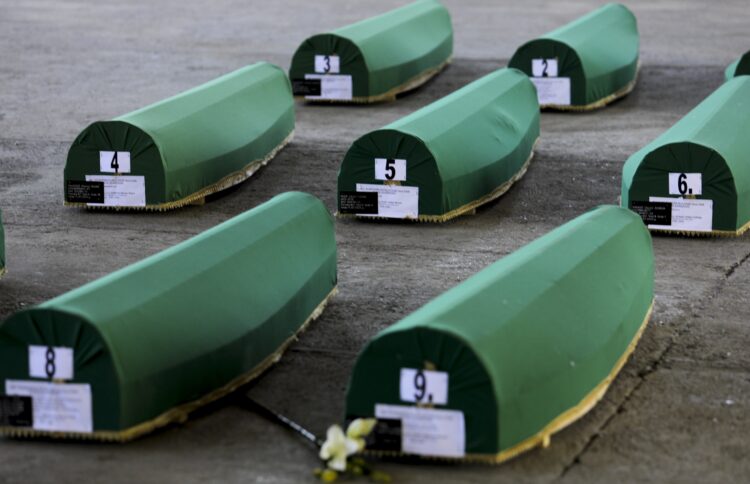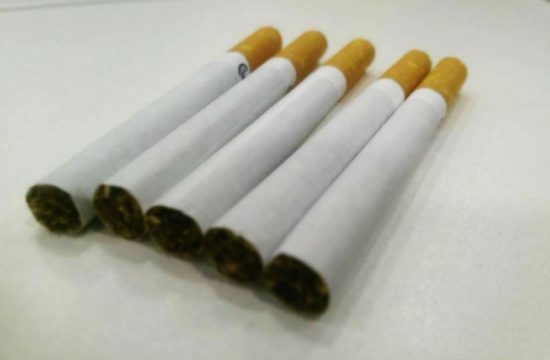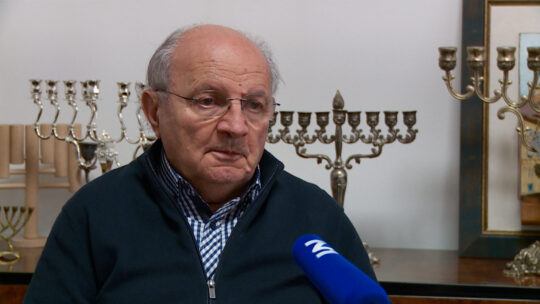
UN's Secretary-General Antonio Guterres, French President Emmanuel Macron and German President Frank-Walter Steinmeier all recalled, on Saturday, that the Srebrenica genocide was the worst atrocity since the end of the world war two, then Europe said 'never again.' Their message is that glorification and genocide denial are unacceptable in modern societies and against European values.
“A quarter-century ago, the United Nations and the international community failed the people of Srebrenica,” Guterres said and added: “as former Secretary-General Kofi Annan said, this failure will ‘haunt our history forever’.”
Confronting that past is a vital step towards rebuilding trust he noted.
“Reconciliation must be underpinned by mutual empathy and understanding. Reconciliation means rejecting denial of genocide and war crimes and of any effort to glorify convicted war criminals. It also means recognizing the suffering of all victims and not attributing collective guilt. That is why I call on everyone in the region and beyond to counter hate speech and the rhetoric of division and narratives of mistrust and fear,” UN Secretary-General added.
German President Frank-Walter Steinmeier stressed that the brutality and the scale of the murders of thousands of Muslim boys and men in Srebrenica are without parallel in Europe since the Second World War.
“It was genocide – that was the unequivocal finding of the International Criminal Tribunal for the Former Yugoslavia. The crimes committed here were the extreme expression of the ethnic cleansing which was the aim not just of one party to the war. Pillage, expulsion, torture, murder and mass rape were the order of the day, and to a horrendous spiral of violence and counterviolence,” he said.
According to him, one of the reasons the wounds inflicted on the Bosnian society 25 years ago have not healed yet is the “recurring focus on the rhetoric on the supposed divisions, rather than on the connections, the shared concerns and suffering, the desire for a good future for the children in a European Bosnia and Herzegovina which ought to outweigh all else.”
“Too much time has already past unused,” he warned. “The sea of white pillars at the Memorial is a reminder: never again must a crime like that in Srebrenica happen. It shows where hate-filled words and actions can lead. It imposes on each and every one of us a duty and responsibility to shape a future of togetherness, free of hatred and free of violence.”
According to the French President Emmanuel Macron, Srebrenica remains a painful symbol of the international community’s failure to protect civilians when they were most in need of help.
“This indelible stain on our collective memory compels us to seek truth and justice. This is essential for the peaceful coexistence of the different communities,” Macron said in his video message.
“Twenty-five years after these tragic events much remains to be done to achieve reconciliation and peaceful coexistence for everybody in Bosnia and Herzegovina and the Western Balkans region, which is still marked by the conflicts of the 1990s. All of us must acknowledge the past. There is no place for historical negationism or revisionism or the glorification of convicted war criminals in a country and a region which has expressed its wish to join the European Union and thus adhere to EU values,” ne said.
The French President recalled that the European project was built around essential values such as peace, justice, reconciliation among peoples, freedom and democracy and these values remain at the heart of today’s European ambition.
“Bosnia and Herzegovina and the Western Balkans must be able to seek justice, but also achieve reconciliation. The reconciliation between France and Germany and the construction of a common European future can, I hope, serve as inspiration. We all share a common future, and that future is European,” Macron concluded.




